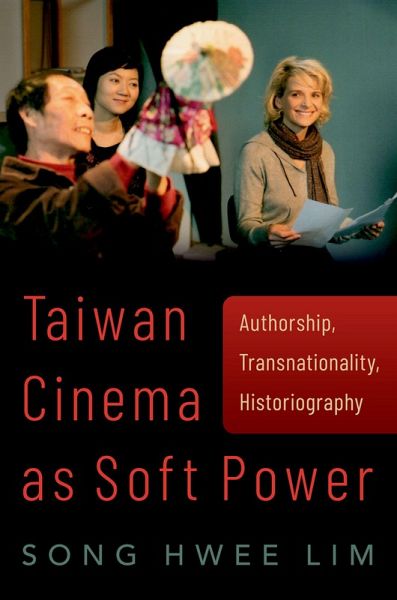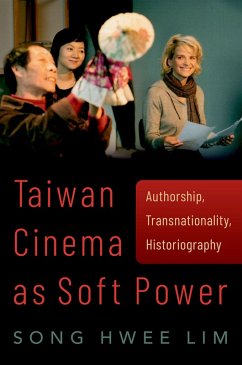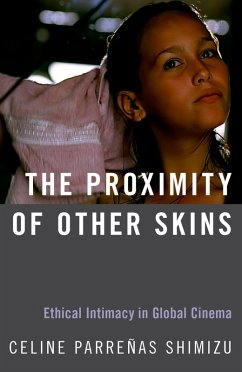
Taiwan Cinema as Soft Power (eBook, ePUB)
Authorship, Transnationality, Historiography
Versandkostenfrei!
Sofort per Download lieferbar
15,95 €
inkl. MwSt.
Weitere Ausgaben:

PAYBACK Punkte
8 °P sammeln!
Why has Taiwanese film been so appealing to film directors, critics, and audiences across the world? This book argues that because Taiwan is a nation without hard political and economic power, cinema becomes a form of soft power tool that Taiwan uses to attract global attention, to gain support, and to build allies. Author Song Hwee Lim shows how this goal has been achieved by Taiwanese directors whose films win the hearts and minds of foreign audiences to make Taiwan a major force in world cinema. The book maps Taiwan's cinematic output in the twenty-first century through the three keywords i...
Why has Taiwanese film been so appealing to film directors, critics, and audiences across the world? This book argues that because Taiwan is a nation without hard political and economic power, cinema becomes a form of soft power tool that Taiwan uses to attract global attention, to gain support, and to build allies. Author Song Hwee Lim shows how this goal has been achieved by Taiwanese directors whose films win the hearts and minds of foreign audiences to make Taiwan a major force in world cinema. The book maps Taiwan's cinematic output in the twenty-first century through the three keywords in the book's subtitle-authorship, transnationality, historiography. Its object of analysis is the legacy of Taiwan New Cinema, a movement that begun in the early 1980s that has had a lasting impact upon filmmakers and cinephiles worldwide for nearly forty years. By examining case studies that include Hou Hsiao-hsien, Ang Lee, and Tsai Ming-liang, this book suggests that authorship is central to Taiwan cinema's ability to transcend borders to the extent that the historiographical writing of Taiwan cinema has to be reimagined. It also looks at the scaling down of soft power from the global to the regional via a cultural imaginary called "little freshness", which describes films and cultural products from Taiwan that have become hugely popular in China and Hong Kong. In presenting Taiwan cinema's significance as a case of a small nation with enormous soft power, this book hopes to recast the terms and stakes of both cinema studies and soft power studies in academia.
Dieser Download kann aus rechtlichen Gründen nur mit Rechnungsadresse in A, B, BG, CY, CZ, D, DK, EW, E, FIN, F, GR, HR, H, IRL, I, LT, L, LR, M, NL, PL, P, R, S, SLO, SK ausgeliefert werden.













